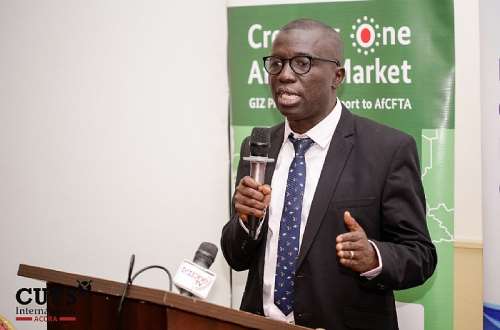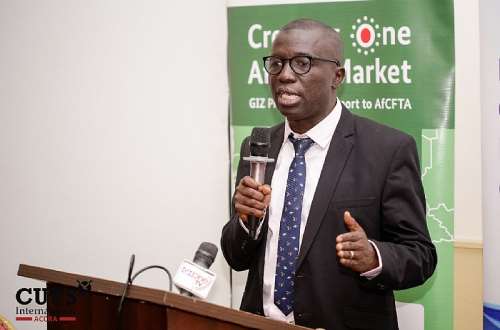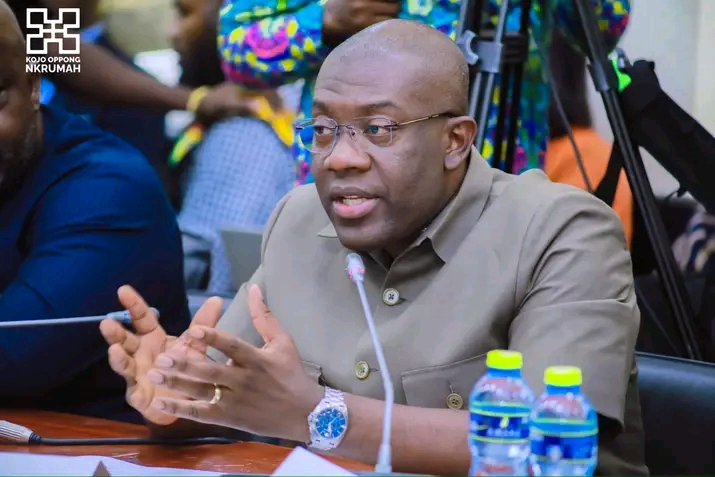Credit: Kekeli K. Blamey
The continued practice of charging students to access their Basic Education Certificate Examination (BECE) and West African Senior School Certificate Examination (WASSCE) results online is placing an unnecessary financial burden on Ghanaian families, according to CUTS International, Accra.
The consumer advocacy and public policy think tank is urging the Ministry of Education to intervene and stop the West African Examinations Council (WAEC) from collecting what it describes as unjust fees from students and their families.
Mr. Appiah Kusi Adomako, West Africa Regional Director of CUTS, stated in a press release that the current system unfairly penalizes families, many of whom are already grappling with economic hardship. “At a time when the cost of living is on the rise, it is deeply troubling that parents have to pay GHS15 to GHS25 just so their children can see their exam results,” he said.
He pointed out that this year alone, over 600,000 candidates sat for the BECE, resulting in families collectively paying around GHS 9 million simply to access results online. “This is a silent financial drain on households across the country,” he stressed.
Before 2004, WAEC printed and distributed physical results to schools, a process that involved significant logistical expenses. Now, despite digitisation which should have reduced operational costs, students are still forced to pay—without transparency or accountability on how these fees are used.
“Digital transformation was meant to ease access and reduce cost, not shift the burden to consumers,” Mr. Adomako argued, adding that other African countries including Kenya, Egypt, Morocco, and Zambia provide students with free access to exam results.
The financial strain doesn’t end there. CUTS also criticized the Computerised School Selection and Placement System (CSSPS), which requires students to pay to check their placement into senior high schools. “This additional charge further compounds the cost of transitioning to higher education, especially for low-income families,” Mr. Adomako noted.
CUTS International is calling on the Ministry of Education, Ghana Education Service, and Parliament’s Education Committee to take urgent steps to abolish these result and placement access charges. The think tank emphasized that education-related costs should not become a barrier for students and families, especially for services that are free in many parts of the world.
“The fact that this has gone on for over two decades doesn’t make it right. We must realign our policies to promote equity and affordability in education,” Mr. Adomako concluded.







